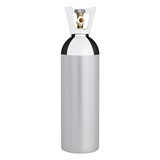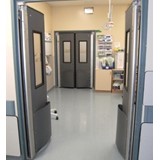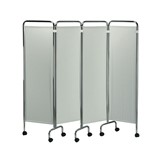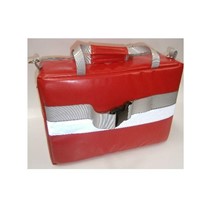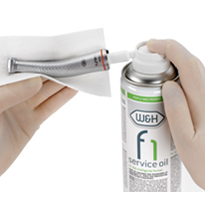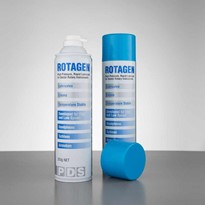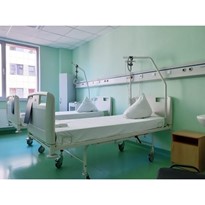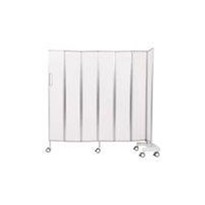They are life-saving tools that doctors and medical practitioners use to ease someone’s pain, heal grievous wounds, treat a lot of diseases, and save millions of people.
If there was a type of “celebrity status” for equipment, medical ones certainly deserve it, which is one of the reasons why it’s important to take care of them. It’s necessary that every medical establishment should practice hospital maintenance management.
But is taking care of hospital equipment really that important? Does it really affect a doctor’s capability to save lives? Let’s find out!
Equipment Efficiency for Healthcare
Every individual in the world has their own expertise. You have the artists, musicians, scholars, inventors, labour workers, and more. If you look at them on the surface level, it’s only natural to assume that they’re good with their professions because they were made for it.
But, if one were to put them under a microscope, we’d see that they’re efficient with their job because of a) practice and discipline, b) hours of work, and c) potent equipment. Artists won’t be capable of painting a good portrait without the right brush that is of high quality. Musicians wouldn’t be able to woo people with their melodies if they had a faulty musical instrument in their hands.
The same principle applies to doctors. Equipment maintenance keeps their tool from becoming unusable. It helps the apparatus work properly, which efficiently improves overall workflow and productivity, while lessening hospital accidents.
Knowing how to properly care for your autoclave, for example, can keep the hospital’s sharps (i.e. scalpels and dental wires) from being contaminated.
Helpful Maintenance Practices
Let’s be honest here, making sure that hospital equipment are properly maintained takes a lot of work. It’s not something that should be taken lightly and done hastily. However, there are some helpful maintenance practices that any medical staff can use to enhance their hospital maintenance management skills.
1. Get Support from the manufacturer.
In most cases, biomedical engineers can easily diagnose equipment issues and perform some troubleshooting immediately. However, there are instances when the problem is beyond their capability, especially when it comes to various hospital machines, which only the manufacturer can provide assistance for. Always keep the manufacturer’s number handy, so getting a hold of them and getting support becomes easier.
2. Pre-plan the schedule for replacement parts.
Ideally, hospitals would want to secure some spare parts for defective equipment. But this can often get in the way of dynamic maintenance procedures. There have been instances where manufacturers discontinue production or miscalculate the demand of a particular component, making it unavailable. Pre-planning service schedules can help lessen instances like these, effectively avoiding last minute disruptions.
3. Accurately coordinate service schedules.
Knowing what medical instruments should be in every hospital is important. However, tracking every single service requirement for a lot of equipment can definitely be overwhelming. By taking into consideration that medical assets have different maintenance needs, staff clinics don’t follow timelines for delivering the equipment to manufacturers, and manufacturers have different service recommendations, coordinating the service schedules can be done more accurately.
Maintenance is a valuable procedure that hospitals should never skip. Hospital maintenance management is set up in every medical establishment to ensure that medical practitioners are well-equipped. Although it’s true that doctors are the ones doing all the miracle work, even the best could still slip up, due to faulty equipment.




